Many people think that a cashless society is appealing, particularly those who largely rely on other payment mechanisms, such as debit cards, credit cards, or digital wallets. However, there are several obstacles and issues that may make a cashless society impractical or inequitable. Here’s a look at five roadblocks to a cashless society.
1. Technological Inequality

One of the biggest challenges to a fully cashless society is technological inequality. Generally, this comes in two forms. First, there’s individual-level access to appropriate payment mechanisms. Not everyone qualifies for a bank account or credit card. Additionally, smartphone ownership isn’t universal, and it’s potentially inaccessible to some. Similarly, even if a person has an appropriate smartphone, they may struggle to maintain enough data to use it as their sole source of payment for needed goods and services.
Second, technological inequality in a region can play a role. High-speed internet (including through internet service providers and cellular) isn’t available in every location, so some stores may lack the ability to introduce some cashless payment mechanisms. Areas with regular telecommunications outages could also have intermittent trouble processing payments. Due to these issues, an entirely cashless society isn’t always viable.
2. Comfort with Technology Isn’t Universal

Even in areas where appropriate technologies are widely available and reasonably affordable, that doesn’t mean all consumers are comfortable with the tech used for cashless payments. Older individuals, people with physical disabilities, or persons with certain mental health conditions may have trouble operating the required devices. As a result, paying in cash may simply be the most convenient option.
In some cases, even if a person is fine using a smartphone, they may be wary of some of the other features potentially associated with contactless payments. For example, not everyone wants to provide biometric data to access the service on their phone and should that become a requirement instead of PINs or similar alternatives, they may prefer to forgo the option entirely.
Digital transactions of any kind also require a person to sacrifice a degree of privacy. For those who don’t like that idea, cash is a more comfortable choice.
3. Hacking Risk Is a Factor

In a cashless society, essentially all payment options are potentially susceptible to hacking. While many bank and credit card accounts do provide some protection against unauthorized charges, removing cash from the equation means that no alternative options that don’t come with a hacking risk are available.
The danger doesn’t just impact consumers; it also affects businesses. A cashless retailer could be a more attractive option to cyber attackers since all transactions are digital, which could increase the likelihood of being targeted for a breach.
Even though cybersecurity measures improve over time, so do hacking techniques. As a result, there’s no guarantee that businesses or individuals would stay ahead of the attackers, and if they don’t, that could lead to a catastrophic breach.
4. Tech Problems Means No Way to Pay

Whether a technical issue arises on the consumers’ side or the sellers’ side, an unexpected problem means transactions can’t occur. Even a simple dead smartphone battery could make securing a necessary product or service an issue until the device is charged. However, larger-scale events – such as a broad internet or power outage – could mean no one can buy anything until the issue is resolved.
Ultimately, technology can provide a lot of convenience, but if it’s suddenly unavailable and is the sole way to handle a transaction, that creates a challenge that doesn’t currently exist. Without a viable workaround, that makes going entirely cashless risky.
5. Potential for Higher Fees
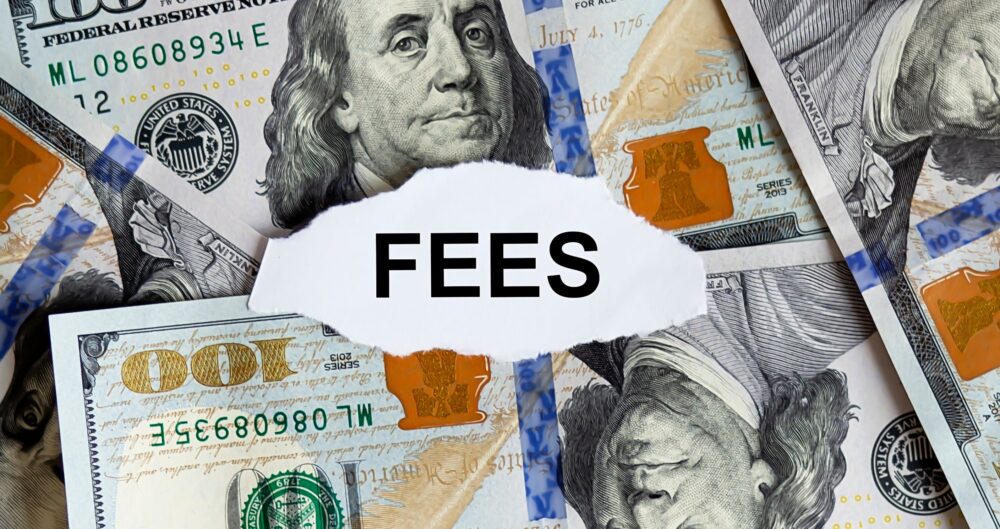
If a society goes cashless, the companies behind the various technologies may choose to capitalize on the higher number of transactions, leading to fee increases. And since alternative payment methods aren’t an option, consumers and businesses would have little choice but to pay what’s asked.
Admittedly, this issue is theoretical, but it’s one worth considering. After all, credit card giants like Visa, Mastercard, and American Express do increase merchant fees on occasion, and the rise in cost to companies usually translates into higher prices for customers.
Since digital wallets usually involve stored card data, cashless stores could find themselves battling against fees from the digital wallet providers along with those imposed by credit card networks. Even if the fees seem small, the impact of every transaction costing more usually adds up fast, and that could prove problematic.
Can you think of any other roadblocks that make a cashless society unlikely? Do you believe that any of the obstacles above will eventually be overcome, allowing a cashless society to occur? Do you even want to see a cashless society, or do you think removing cash from the equation is a bad idea? Share your thoughts in the comments below.
Read More:
- Do Digital Wallets Have Transaction Limits?
- Savings Snooze: 15 Boring Money Habits That Need an Upgrade
Come back to what you love! Dollardig.com is the most reliable cash back site on the web. Just sign up, click, shop and get full cash back!
Tamila McDonald is a U.S. Army veteran with 20 years of service, including five years as a military financial advisor. After retiring from the Army, she spent eight years as an AFCPE-certified personal financial advisor for wounded warriors and their families. Now she writes about personal finance and benefits programs for numerous financial websites.






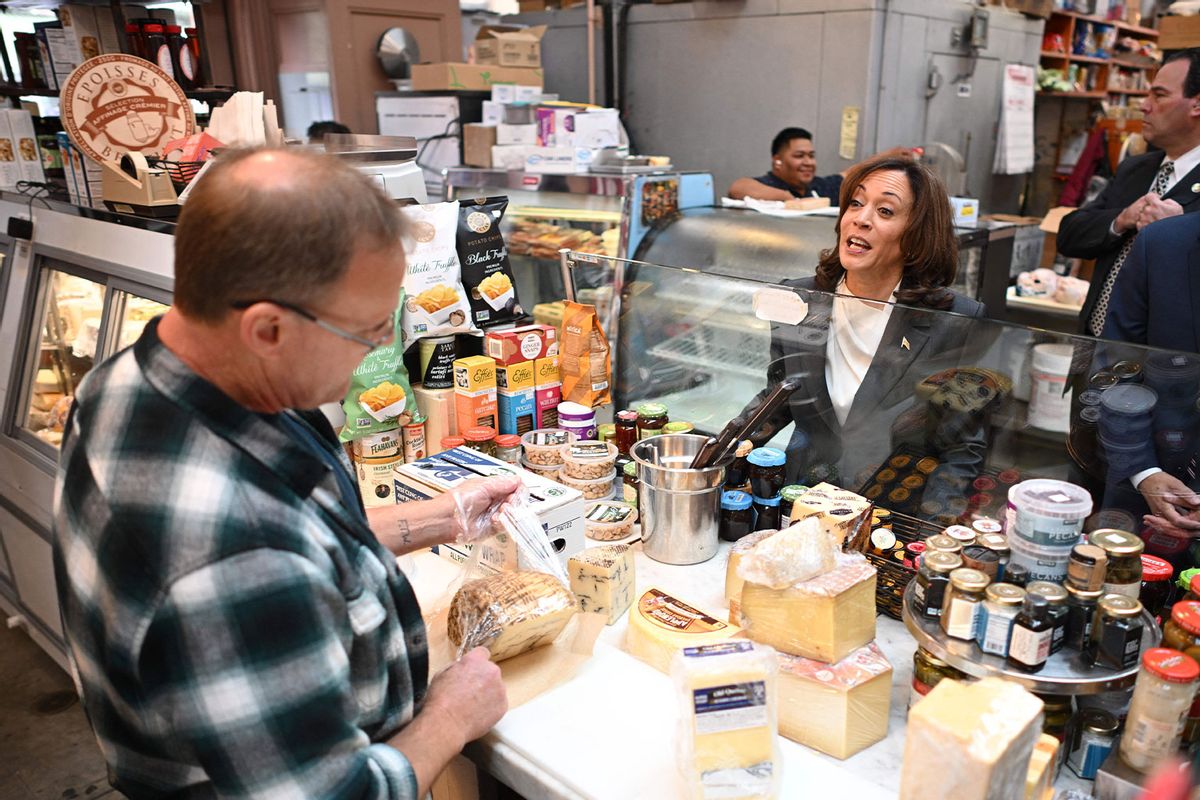





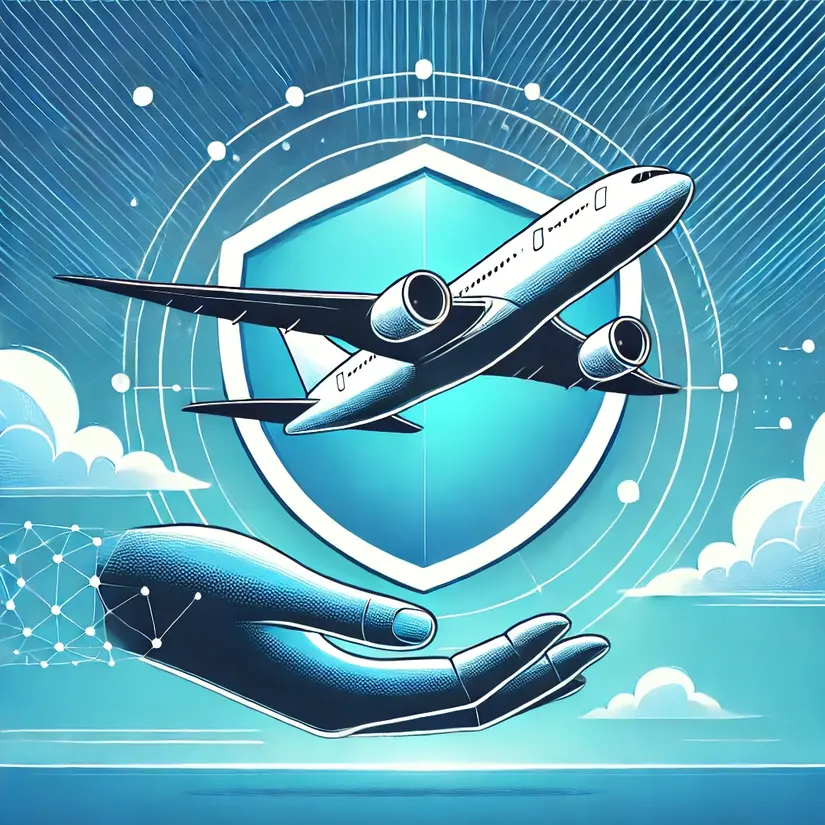



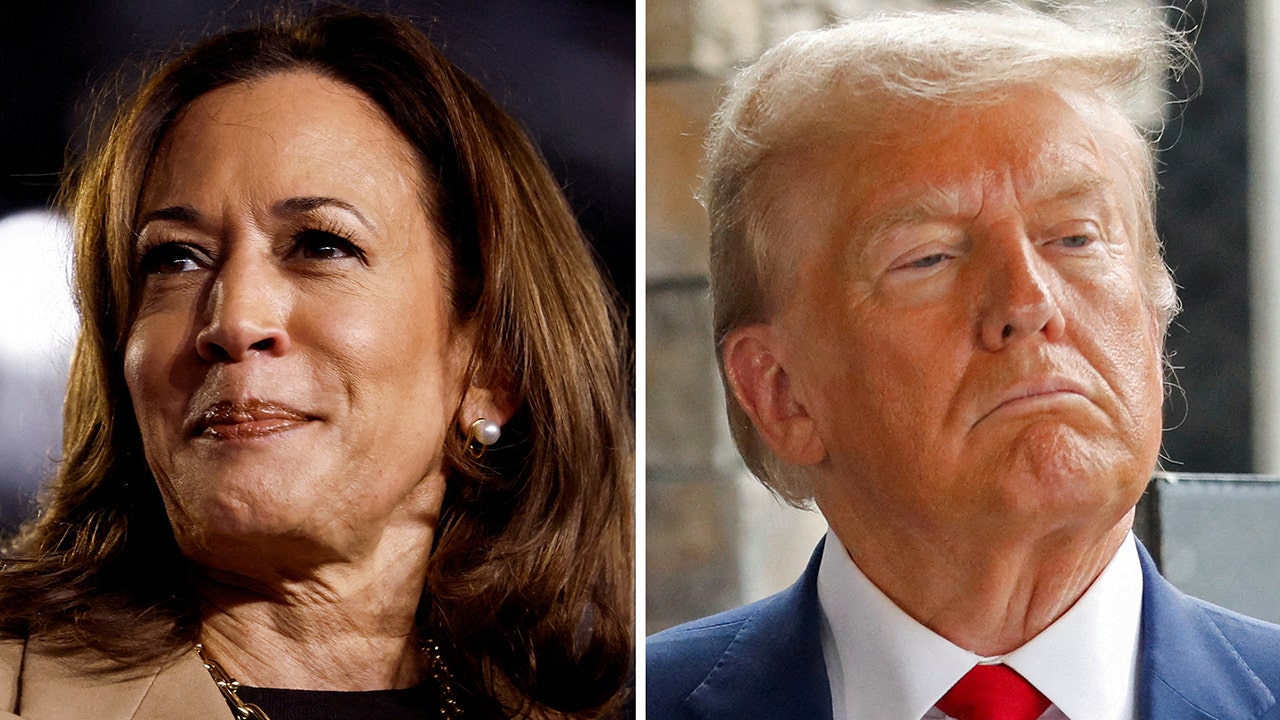

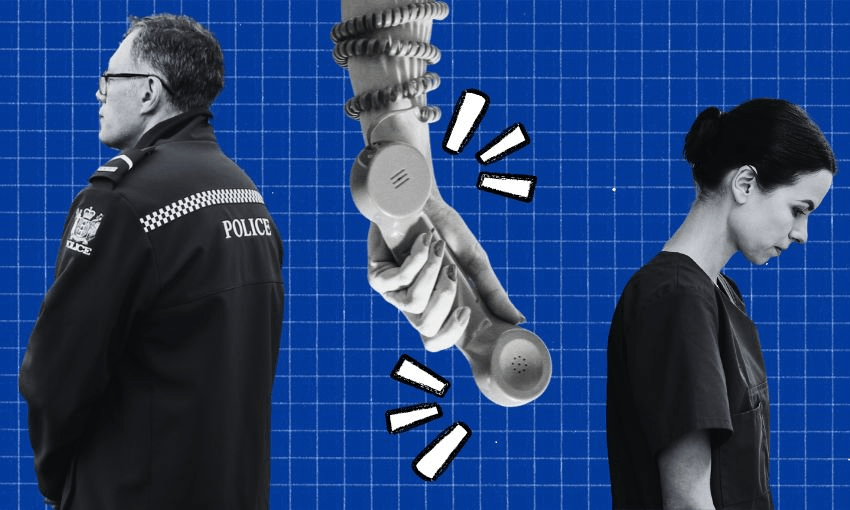


Discussion about this post